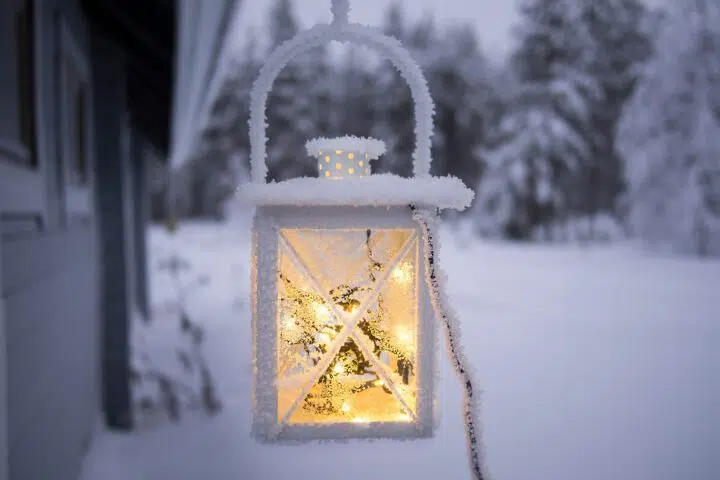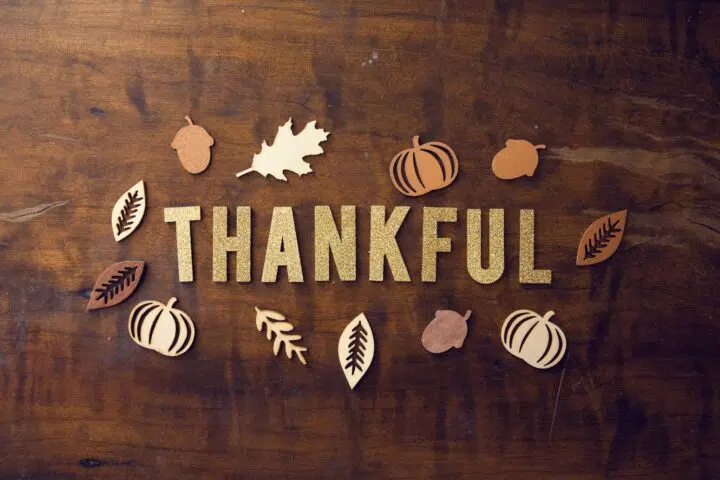A colleague recently suggested I write a post defining intuition. After all, I speak often about the importance of following our inner guidance. My first thought was, “That’s a bit of a lofty suggestion. Who am I to explain something as deep and disputable as intuition?” My second thought was, “There you go, doubting yourself again. Why not you?”
I mean, it’s not like I don’t have an intimate acquaintance with intuition. So do you. Everyone does. Spend any time with a baby, and you’ll realize very quickly that intuition is born into us. And even those who don’t equate intuition with a higher source and prefer to think of it in a more practical way can admit they’ve experienced the hair rising on the back of their neck, or a tingle running down their spine, or butterflies in their stomach.
So, what is intuition? In simplest terms, I think it’s our Higher Selves talking to us. That’s why sometimes it sounds like a literal voice in your head. You hear it. “Don’t walk down that street. Don’t talk to that person. Take that offer. Tell her you love her.” Other times, it’s nonverbal communication, a nudge forward or a hand pulling you back. Our Higher Selves speak to us in our dreams and in our daydreams. When we’re little children, we speak back. Our parents say we are chatting with our “imaginary friend,” but we know better.
Our Higher Selves speak loudest in that moment they present an idea or a desire that takes our breath away. We know that’s what we’re meant to do, until we start to question it. “That’s crazy,” we tell our Higher Selves. “I can’t. It would take too much time, money, effort, strength, courage, skill. I don’t have any of that.” How easy it is to ignore our inner guidance, and therefore, negate it.
Interestingly, as a society, we parcel out intuition, as if we can’t all have it in the same way. We mostly agree that every living being has instincts. That appears to be scientific fact. We acknowledge that everyone gets a hunch or a gut feeling now and then. We can grudgingly admit that some people have a sixth sense from time to time. And maybe it’s possible a few people have clairvoyance or second sight, if there is such a thing.
We love stories of people who acted purely on intuition and succeeded, and then we try to uncover other factors that led to their success. They must have been in the right place at the right time, we assume, or had access to knowledge the rest of us didn’t. When someone acts on instinct and appears to fail, we say, “Well, they should’ve done more research, collected more data, consulted with more experts. How silly to just dive in.”
So, how do we learn to trust our intuition, especially if it’s telling us to do something crazy, like quit our jobs to become an artist or create a work of art that might meet with resistance? First, we need to believe what we’re feeling is real and in our highest interest. Our intuitions are there to guide and protect us. Then we need to let go once and for all of the concept of success or failure. Because doubt and fear just hold us back. Then we need to move forward knowing we’re not alone. Our intuition is constant. Our Higher Selves are not going to set us on a path and then abandon us. They’re going to be there all the way. All those old platitudes are true; all you need to do is lean into your instincts, trust your gut, listen to your heart, have faith in your guidance, and follow your destiny.
I know it isn’t always easy, and I can’t promise you won’t have some regrets along the way, we’re human after all. But I suspect those regrets will pale in comparison to the greater unhappiness you’ll feel if you ignore that voice inside you and fail to heed your Higher Self’s call. More often than not, it’s the things we didn’t do we regret, not the things we did.
If you like this post, please share


